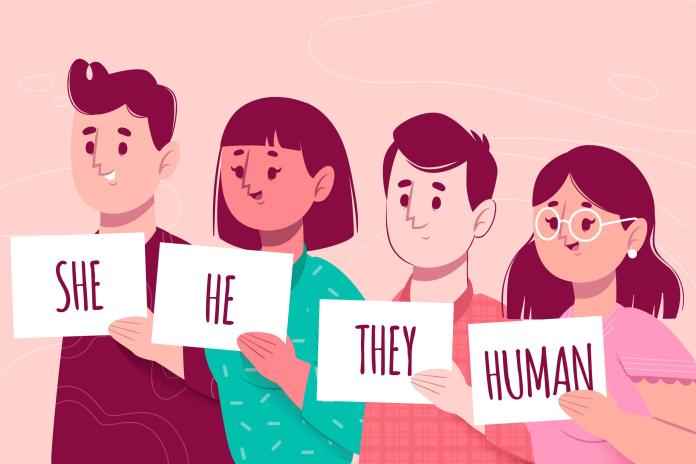Story by Max Guerrera
Opinion
One of today’s most heavily debated topics revolves around the meaning and implications of gender. Gender identity can be controversial because everyone experiences gender differently, which may alter the way they use the term.
The Oxford Dictionary defines gender identity as a person’s innate sense of their gender. Our experiences in the world may influence the way we express our gender identity, but the difference between expression and gender itself is one of the flagrant misconceptions when it comes to gender identity.
California State University, Monterey Bay (CSUMB) Assistant Professor of Ethics and Gender Studies Sriya Shrestha said that “Identity can refer to how we feel within ourselves and is internal. I also think that identities can change over time or be malleable.”
Shrestha earned a Ph.D. in American Studies and Ethnicity, but has applied her knowledge to gender studies as well.
Gender expression is the way we present ourselves through things like appearance, behavior and language. We can express ourselves in a variety of ways across the gender spectrum without committing to the identity associated with that behavior.
According to Shrestha, “Gender expression refers to something more bodily, like how you dress, carry yourself, talk or walk. [Identity and expression] are related to each other but they are also different.”
The concept of gender identity being intrinsic has been displayed in the notable 1960’s Nature Vs. Nurture study by psychologist John Money. In his study, an infant male was raised as a girl after being mutilated in a botched circumcision. The subject Joan/John was given hormones and Money hypothesized that being socialized as a female would dictate his gender identity. While the study was being conducted it was considered a great success, but years later John came forward saying that he struggled with his mental health growing up and immediately began to identify as male when his parents told him the truth about his sex.
The discomfort that John experienced is comparable to gender dysphoria — the term associated with transgender individuals which the DSM5 classifies as a marked difference between one’s expressed/experienced gender and the gender others would assign them.
Understanding the implications of gender dysphoria is important because it can have a huge impact on someone’s quality of life and feel debilitating to those who experience it. A majority of the population identifies with the gender associated with their birth sex, but those with gender dysphoria change their identity and appearance to align with their innate sense of gender.
As more people come out as transgender, our culture is faced with questions such as “Is gender identity a choice?” While we can choose to change the way we express ourselves, having gender dysphoria is not a choice and those who experience it alter their expression to match their identity.
Some activists claim that gender is a man made concept. This argument is often used to support the right to free expression, but is confusing gender itself with gender roles. While the societal expectations placed upon us based on gender are arbitrary, the American Psychological Association stated that psychologists do not consider sexual orientation to be a conscious choice that can be voluntarily changed. This point is crucial to the gender identity conversation because claiming that gender does not exist suggests that gender identity is a choice.

